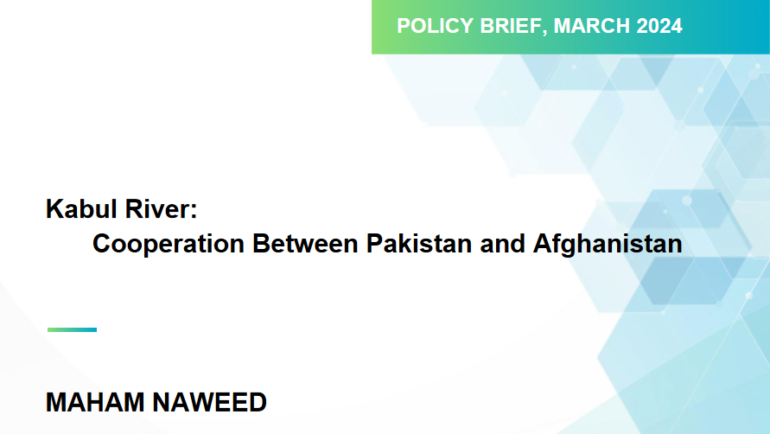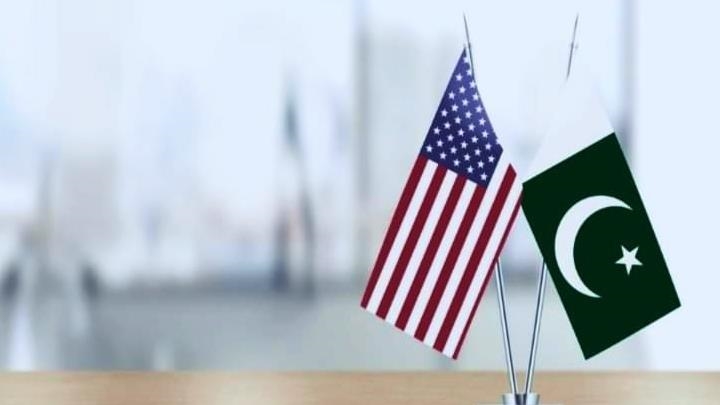Policy Brief 21/02/2025
The Indus Waters Treaty (IWT), signed in 1960 between Pakistan and India, defines water-sharing rights by allocating the Eastern Rivers to India and granting Pakistan control over the Western Rivers, while permitting India limited non-consumptive use under strict regulations. Recent Indian efforts to modify or revoke the treaty have raised concerns for Pakistan, prompting it to reaffirm its commitment to the agreement. Abrogation of the treaty would be an extreme action, posing an existential threat to Pakistan. Any unilateral revocation by India would constitute a breach of the treaty and a violation of international law. In such an event, and to safeguard its rights under the IWT, Pakistan must be prepared to pursue legal avenues, consider countermeasures under international law, and enhance its domestic water resilience through comprehensive management and strategic planning. Pakistan would have the right of reprisal, which could be either coercive or non-coercive, and any hostile act would compel Pakistan to respond with another hostile act.


